170 CD / Auryn’s Haydn: op. 71
Description
"The brilliance of the sound and the power of the musical flow are what make these interpretations so appealing, tracing Haydn's phenomenal 'oratory' in a gripping way. Add to this the excellence of the quartet playing, the sense of sound and balance, and one can only happily indulge in this Haydn experience and realize that one doesn't get something like this every day." (Pizzicato)
5 reviews for 170 CD / Auryn’s Haydn: op. 71
You must be logged in to post a review.

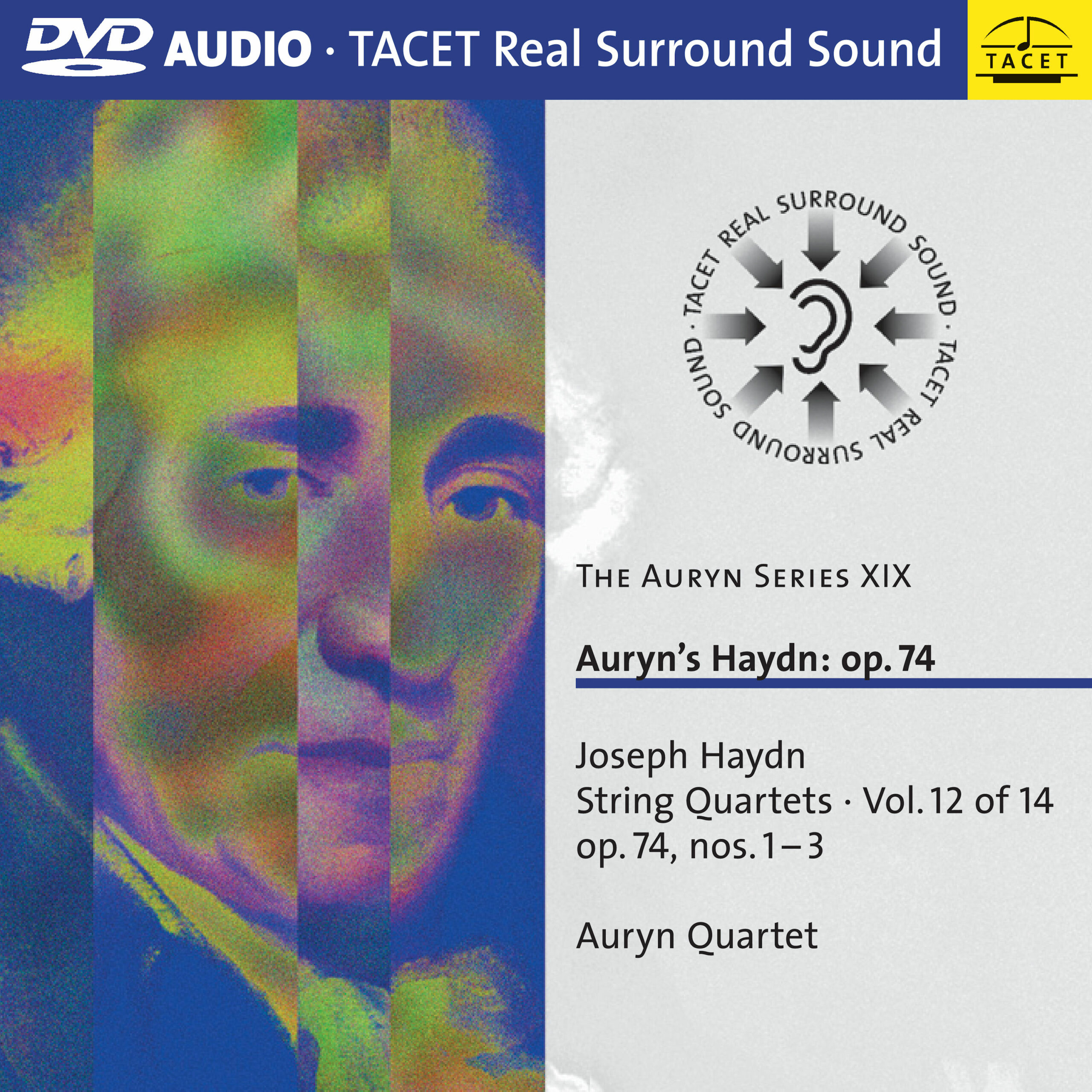
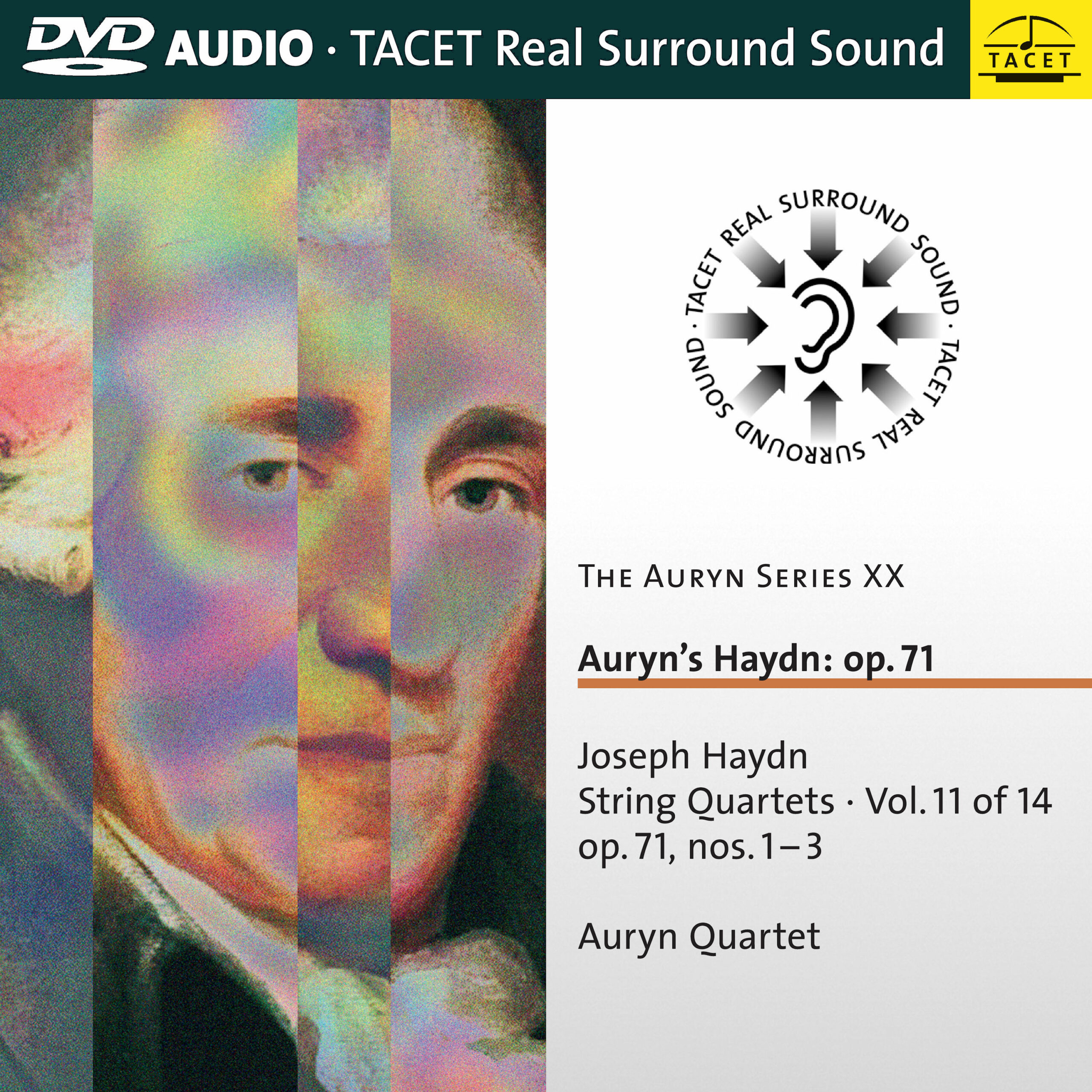
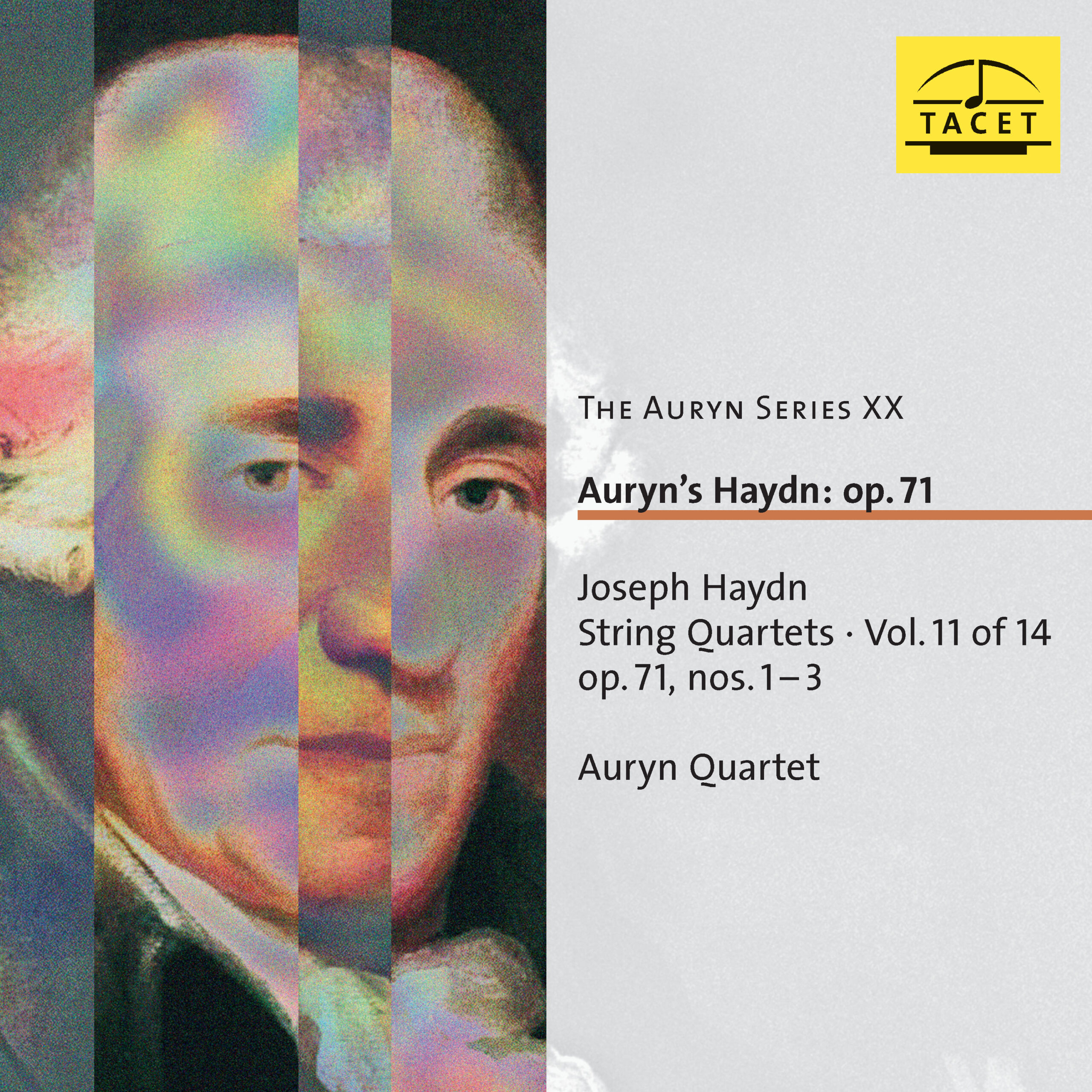
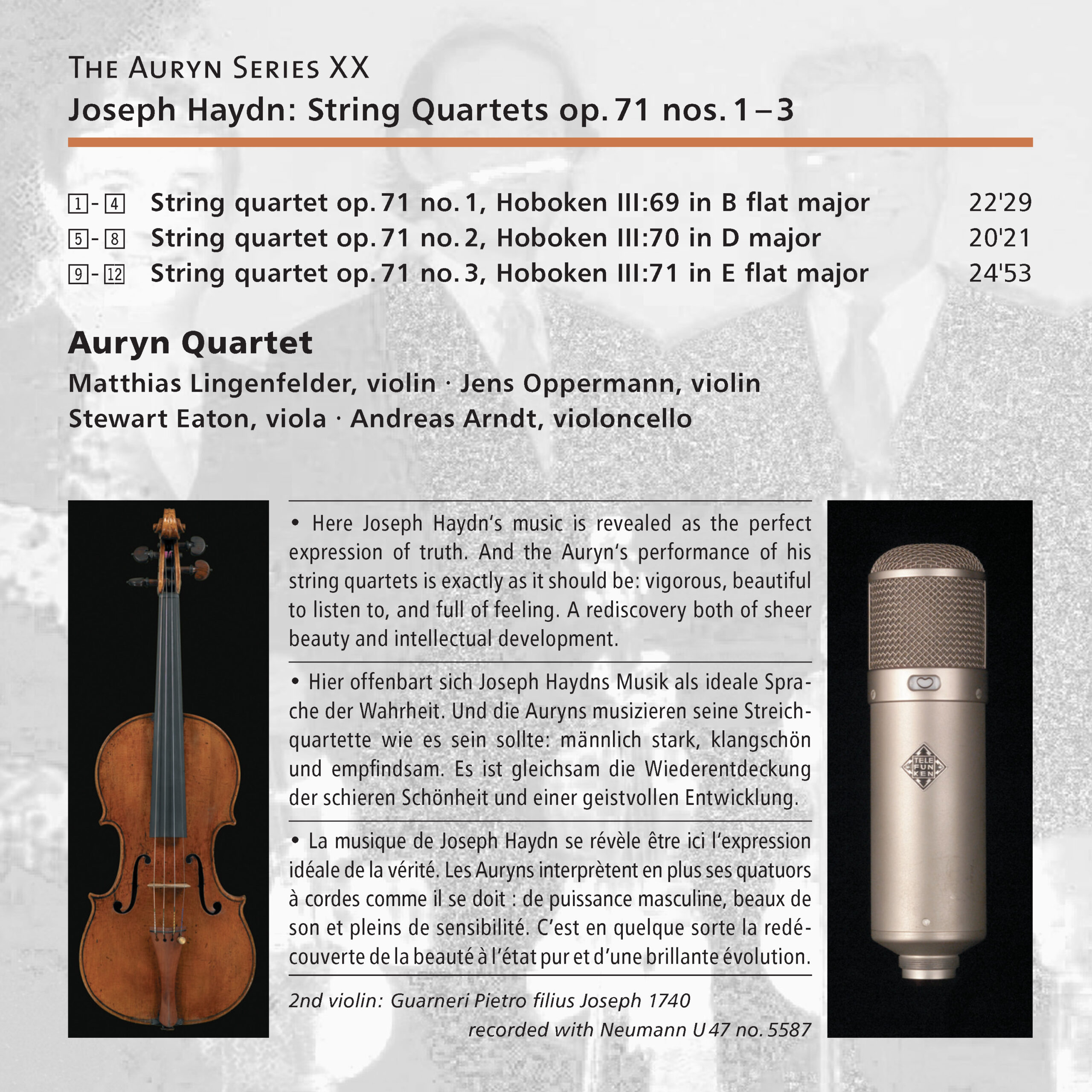


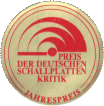
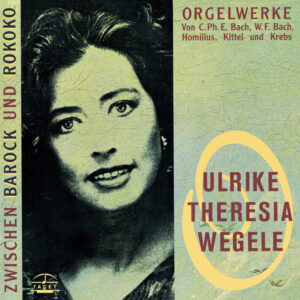
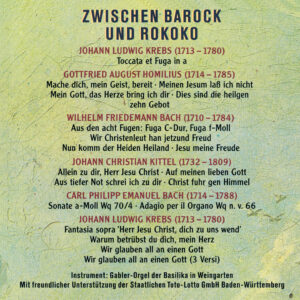
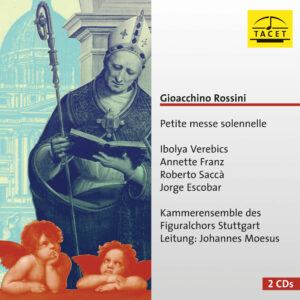
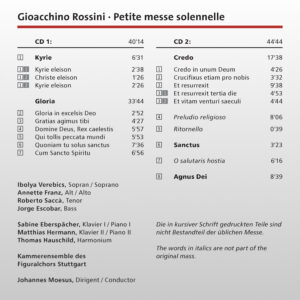
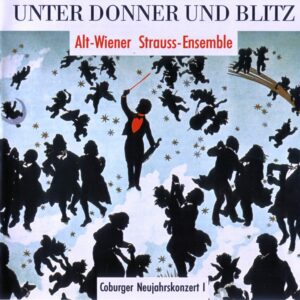
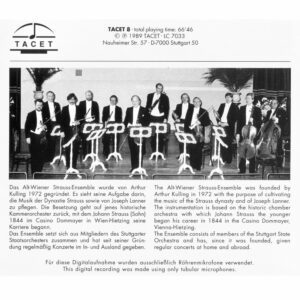
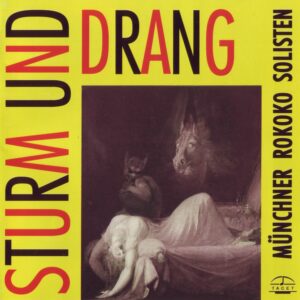
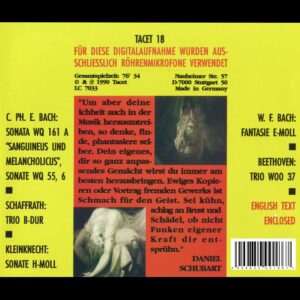
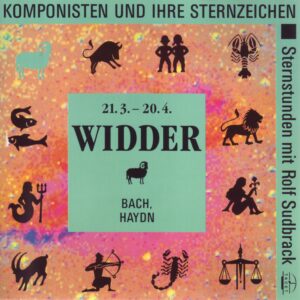
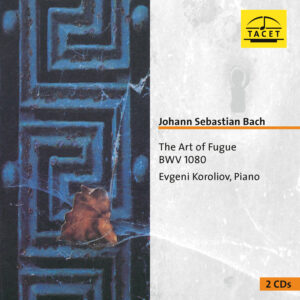
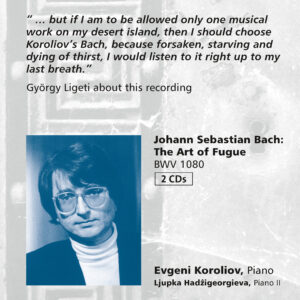
Preis der deutschen Schallplattenkritik –
Laudatio for the Award of the German Record Critics' Annual Prize to the Haydn Cycle by the Auryn Quartet
Joseph Haydn is considered the father of the string quartet genre. The Auryn Quartet recorded his nearly 70 string quartets over a two-year period: for the first time using the critically edited "purified" text, with esprit, lively emotion, and highly differentiated ensemble playing, all within a natural sound space: a small sensation. Such an undertaking requires a label that is not only technically state-of-the-art but also willing to take risks. The Stuttgart-based TACET Musikproduktion has distinguished itself several times through this very combination of skill and daring. Therefore, we award the Annual Prize to the Auryn Quartet and their producer/sound engineer Andreas Spreer for their epochal Haydn project, which is already assured a prominent place in the annals of sound recording.
(For the jury: Thomas Rübenacker)
The Stereo Times –
(...) Little I've listened to these past few weeks has equaled the pleasure these performances deliver. The Auryn's precision and soul -- attackes, intonation, interpetive depth and coherence -- spring to life in recordist Spreer's able hands. The strings' textures are as good as it gets. You are there, in the music.
Pizzicato –
Haydn wrote his Quartets Op. 71 in 1793. With their subjective-expressive features, they belong to the works of the highest mastery, but they also show us a very effect-conscious composer who, as in his symphonies, uses the principle of introduction to immediately and directly draw the listeners' attention to the music. The Auryn Quartet makes generous use of these wake-up signals, just as it also likes to strive for a symphonic sound, because in these quartets Haydn was already thinking on a larger scale than in the previous ones; he was thinking in orchestral forms.
"The brilliance of the sound and the power of the musical flow are what make these interpretations so appealing, tracing Haydn's phenomenal 'oratory' in a gripping way. Add to this the excellence of the quartet playing, the sense of sound and balance, and one can only happily indulge in this Haydn experience and realize that one doesn't get something like this every day."
RéF
Audiophile Audition –
Laurence Vittes came to the same conclusions I have been reaching when reviewing the “companion” disc to this set, found here. The Op. 71 and 74 sets were composed at one time in 1793 and initially appeared as two sets one year apart. However, as an integral whole they could hardly be more related; only an agreement with their dedicatee, Count Anton Georg Apponyi, whereas the composer gave him exclusive use of the quartets for one year, kept the six from appearing as such publication-wise. So when we listen to these two opuses we should be listening to both at once in order to apprehend the composer’s exclusive thoughts in this music.
I have been touting these recordings by the very well established Auryn Quartet in these and other pages since I first encountered them. Tacet is engulfing on a project with the Auryn to present a host of recordings covering a slew of composers, and this is the twentieth volume, number 11 of the 14 dedicated to Haydn. When it is finished it will no doubt be among the finest complete recordings of the Haydn quartets that we have, and easily the best sounding. Master recording engineer and Tacet founder and owner Andreas Spreer makes intelligent decisions about which microphones to use and what placement to engage, always willing to even look to the past if better equipment is available for a particular session and location.
This CD demonstrates the Auryn’s absolute control and understanding of the Haydn idiom - energetic but also luxuriantly able to manage the slow intimate moments that the composer supplies in abundance. If your collection is lacking the Haydn quartets in any number, this is the set to have.
Steven Ritter
Österreichische Musikzeitschrift –
(...) This also applies to the first six string quartets, which are expertly illuminated on superb-sounding TACET CDs by the German Auryn Quartet. (...) These and other Haydn recordings of the Auryn Quartet convince and indeed thrill the listener through instrumental mastery and sensitivity in their reaction to the respective movement characters. This is doubtless one of the most important contributions to the Haydn Year. (...)
Peter Cossé